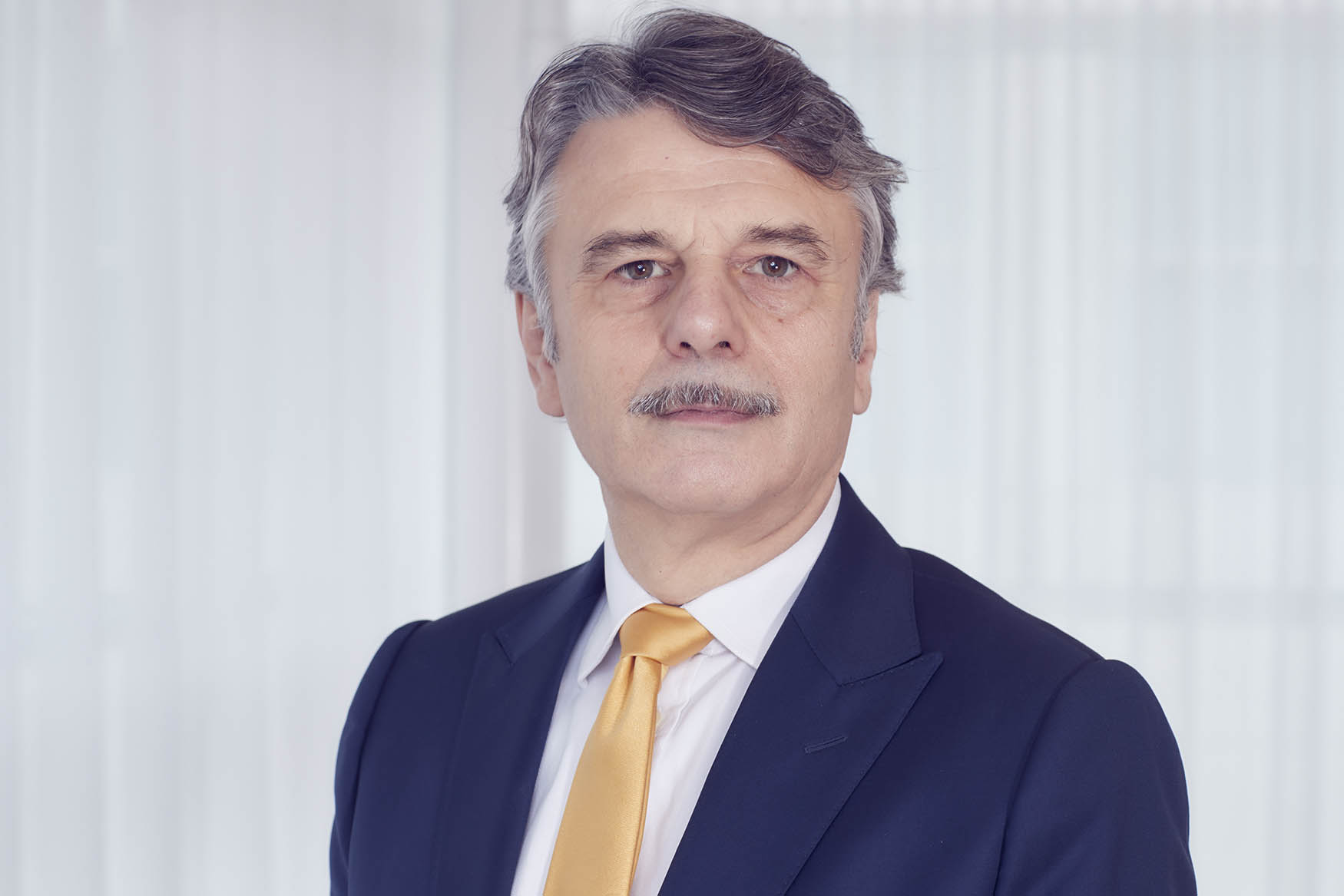VL Summit 2020
Go to the VL Summit 2020
Prof Sir Ralf Speth, CEO Jaguar Land Rover sharing his thoughts about the theme of Responsible Business in a time of crisis
Do you think the COVID-19 crisis will affect companies’ work with the 17 Global Goals – sustainability in particular?
-For many businesses there will be a short-term focus on corporate survival.
Time will tell what the impact will be in the medium to longer-term, but I am hopeful that the experience of recent months will make companies more determined than ever to continue with their work on those topics.
People in developed nations now think twice about things that we previously took for granted: health and wellbeing, decent work and economic growth and quality education, to name just a few. We will understand even more clearly the need to work together to build a better future for everyone.
At a corporate level, companies like Jaguar Land Rover have been able to support their communities in a very immediate and tangible way through the crisis. The really positive response from employees has spoken volumes: financial performance is important to people, but so is making a positive contribution to society.
We are proud to contribute to the global goals as part of Tata. The group is committed to developing responsible and sustainable solutions that address the global challenges of the coming decades. As Jamsetji Tata, founder of the Tata Group, said: “In a free enterprise, the community is not just another stakeholder in business, but is in fact the very purpose of its existence.”
Will the crisis reverse development, or can it have a positive effect on development?
-The COVID-19 pandemic will reveal not just vulnerabilities, but also opportunities. I believe that once we have passed the immediate crisis, there can be a positive effect on development.
Indeed, certain aspects of mobility may be accelerated. This will be seen in how we use technology to meet society’s needs. We will also appreciate, even more than before, the value of collaboration for the greater good.
As mentioned, at Jaguar Land Rover, Destination Zero is our long-term mission – and by long-term, I mean for the next 30 years plus. Our ambition is to make societies safer and healthier, and the environment cleaner. Whilst the crisis may influence the route that we take in the short term, it will not knock us off course.
Use of technology
-As people will value more than ever personal space and protection, the car will continue to play an essential role in the future of mobility. There will be added focus on health, wellbeing and the vehicle as a sanctuary.
The autonomous, connected and electrified and shared technologies that we have been working on will be all the more relevant to a post-pandemic world.
Autonomous driving will democratize mobility. Self-driving technologies will have an extremely positive impact on the mobility of certain user groups: the elderly and disabled, for example, will enjoy the same freedoms that vehicle owners enjoy today.
Connectivity has been so important through this crisis – and is also the key to making self-driving a reality, with communication between vehicles and their surroundings allowing seamless, free flowing traffic and less congestion.
We will, of course, continue to expand our portfolio of electrified vehicles – in a Jaguar Land Rover way. Every future vehicle will be equipped with technologies to fulfil the desire to drive a fun, sporty, capable car because this desire won’t diminish in the years to come.
Value of collaboration
-The crisis has emphasised more than ever how much can be achieved through collaboration. That will continue to be key to future development, across all sectors of society.
Recently, we were honoured that HRH The Prince of Wales officially joined us to open the UK’s National Automotive Innovation Centre at the University of Warwick. This is one of Europe’s largest automotive research and development facilities and a great example of how academics, suppliers and manufacturers such as Jaguar Land Rover can work together to tackle society’s largest mobility challenges. Collectively, we will shape the future of the global automotive industry from the heart of the United Kingdom.
How to combine accountability with the struggle for survival? What does the capable CEO do in a situation like the present?
-The important thing is to stay true to your long-term mission. At Jaguar Land Rover, for example, this is Destination Zero – and we are not taking our foot off the pedal.
In the short term, companies need to take the tough but necessary decisions without delay – what we do today will define our future.
And last – but not least – communicate, communicate, communicate. While people are physically isolated, this it is more important than ever.
